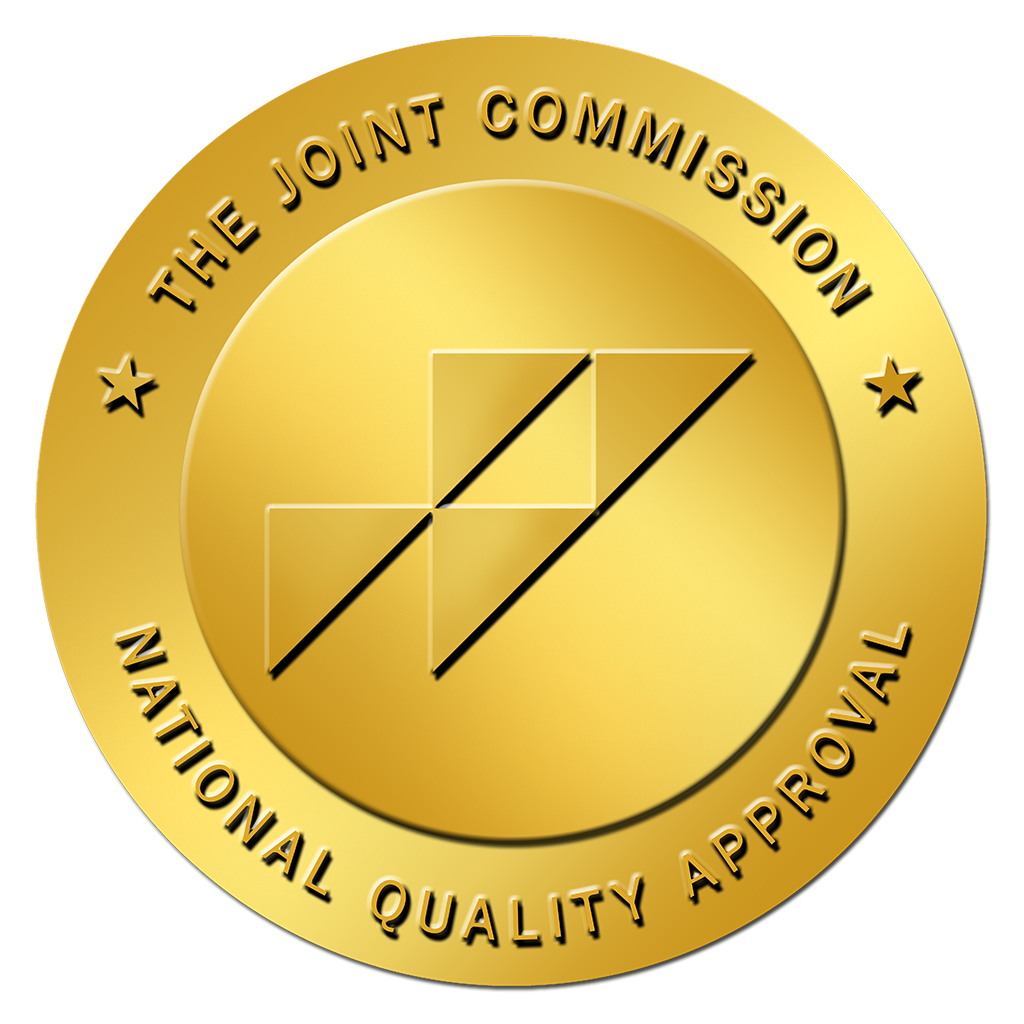The cost of treatment is an important consideration for a person struggling with addiction and, often times, it can be a deterrent to seeking help. But the good news is, rehab doesn’t have to be financially out of reach, and there are several alternatives one can turn to in order to get the help he or she needs.
Insurance Plans
Thankfully, insurance companies have begun to recognize that addiction is a treatable condition, and their insurance plans are now required to cover behavioral and mental health conditions – including addiction – to the same extent that they do medical conditions, such as diabetes or high blood pressure. As such, public and private health insurance plans frequently cover a portion of the expense of outpatient or inpatient treatment for nearly every type of addiction.
To determine how treatment would be covered under your insurance policy, contact your health insurance provider.
Medicare
For adults over 65 and those with disabilities, Medicare coverage can be used to cover alcoholism and substance abuse treatment in both inpatient and outpatient settings. It is available for a monthly premium and based on the recipient’s income. Though it can be confusing to navigate, Medicare consists of four parts (A, B, C and D) that cover different areas of addiction recovery programs.
More specifically, Part A of Medicare provides support to pay for inpatient treatment at hospitals and care at certain facilities that are able to accept Medicare, such as at nursing homes and hospice. Part B helps with payment for outpatient treatment services through hospital and clinic outpatient centers. This part also covers Screening, Brief Intervention and Referral to Treatment (SBIRT) services, which is a screening and intervention process that can help identify individuals who are at risk for but have not yet been given a substance abuse diagnosis. Part C is offered by private companies approved by Medicare. These plans cover all Medicare services, including substance abuse treatment, yet offer extra benefits, like vision, hearing and dental coverage. Finally, Medicare Part D covers prescriptions and can be used to help pay for medication prescribed to treat alcohol and drug addiction.
Every state has different rules for eligibility and treatment coverage, so visit www.medicare.gov for more information.
Medicaid
Medicaid is a public insurance program for low-income families that covers substance abuse treatment in facilities that accept Medicaid as a form of payment. To be eligible, applicants must be one of the following:
- Over 65 years old
- Under 19 years old
- Pregnant
- A parent
- Within a specified income bracket
However, even if someone meets these requirements, it doesn’t mean they are automatically eligible for Medicaid. Check the state you live in to learn its rules for Medicaid eligibility. For more information, visit www.medicaid.gov.
Employee Assistance Programs
Some employers offer employee assistance programs (EAP), a confidential workplace service that helps employees who are experiencing personal or family challenges. This program can pay for services related to mental health and drug/alcohol abuse. To determine whether your company offers this program, check your employer’s benefit policies or your human resources department.
Payment Assistance
If you have limited personal funds or aren’t covered by an insurance plan, there may be programs available to you that can cover some of the rehab costs. “Treatment Locators” are available online that can help you find addiction centers that offer income-based fees (reduced pricing based on your income level) or payment plans (allowing you to pay off treatment in monthly installments).
Though treatment can be expensive, it’s important to remember that there are multiple avenues of financial assistance available to help with your addiction. At Arise Recovery Centers, we take into account your budget and provide you with effective treatment that matches your needs and produces long-lasting results. For more information, please visit www.ariserecoverycenters.com.



